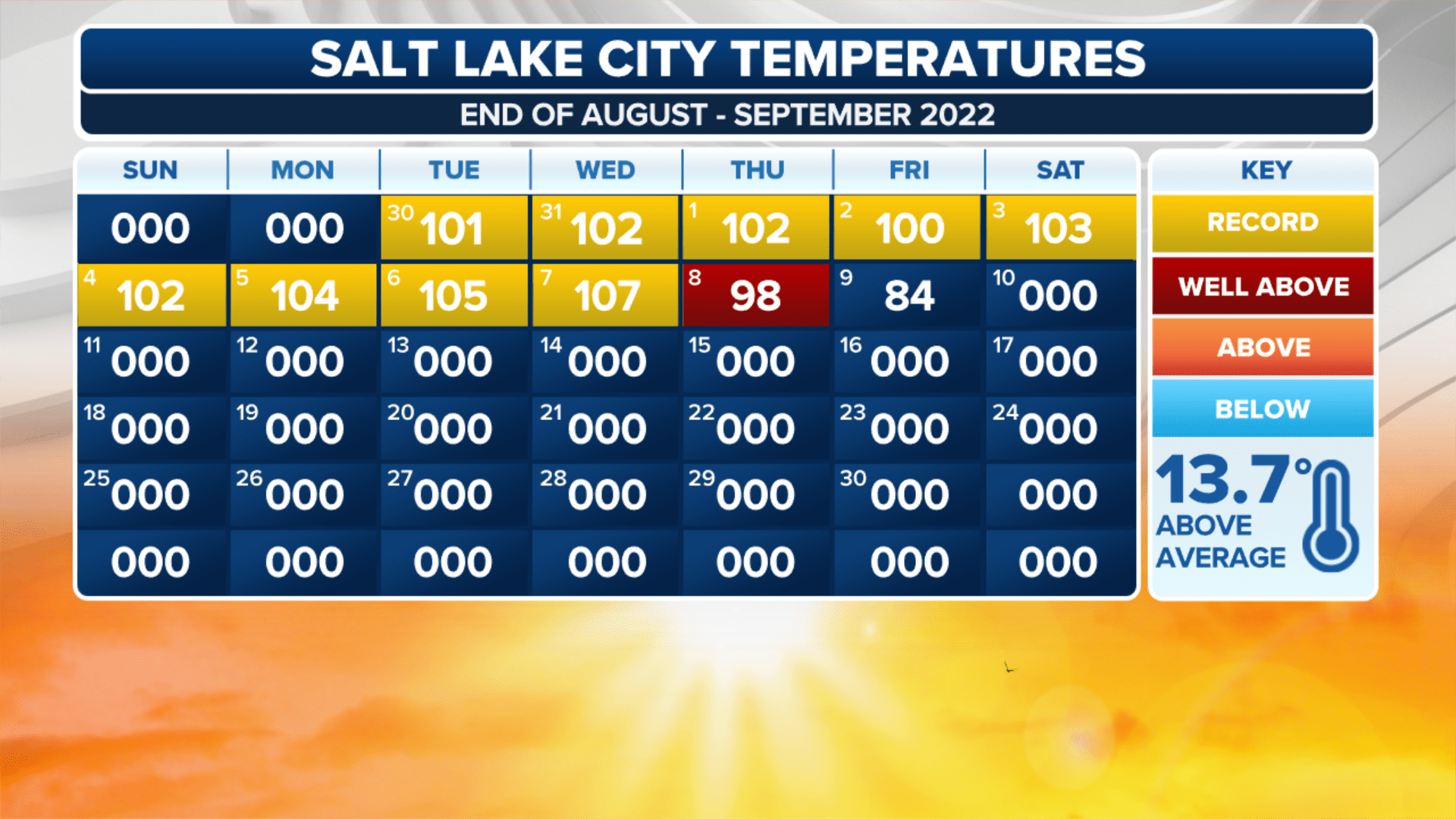As Californians swelter under unprecedented heat, the state experiences a remarkable October heat wave. Last week, areas across California recorded temperatures soaring well above seasonal averages, leaving residents yearning for cooler days. Fortunately, weather experts predict a gradual shift towards more temperate conditions, bringing much-needed relief to those affected by the extreme heat.
Starting Tuesday, a cooling trend is expected to take hold across the state, marking a significant change from the oppressive temperatures that have dominated the region. This shift comes as the persistent high-pressure system that has trapped heat over the southwestern U.S. begins to ease its grip. “There’s a light at the end of the tunnel,” the National Weather Service stated, indicating that most heat advisories are likely to dissipate by Tuesday morning.
While immediate drops to autumn-like temperatures are not anticipated, residents can expect a gradual decrease in the extreme heat that has plagued many areas. Meteorologist Kyle Wheeler suggests that while above-average temperatures may persist for a while, the record-breaking highs will likely be a thing of the past. As the weekend approaches, Californians can look forward to conditions that feel more like fall.

Despite the expected relief, it’s essential to note that inland communities will continue to experience significant heat through Monday night, with warnings regarding triple-digit highs still in effect. After this transition, temperatures are forecasted to align more closely with seasonal averages, marking a shift towards a more comfortable climate as fall approaches. California's recent heat wave has highlighted stark contrasts between coastal and inland temperatures, with coastal areas largely shielded from extreme conditions due to a robust marine layer.
Indio recorded a staggering 116 degrees, setting a new record for the latest date in the year for such extreme heat. This record, matched by Ocotillo Wells, was noted as the hottest temperature recorded in the contiguous United States. The unusual and prolonged heat was attributed to a persistent high-pressure system, a phenomenon not entirely unprecedented but certainly rare for this time of year. As meteorologists explain, high-pressure systems create a ‘lid’ effect, trapping heat and preventing cooler air from circulating.
Looking ahead, experts predict that even as temperatures start to decline, California may continue to experience warmer-than-average conditions. The Climate Prediction Center anticipates that above-average temperatures will likely persist through the end of October, a reminder of the lingering effects of climate patterns. As residents adjust to these changing conditions, staying informed and prepared is crucial for navigating the remainder of the warm season.




